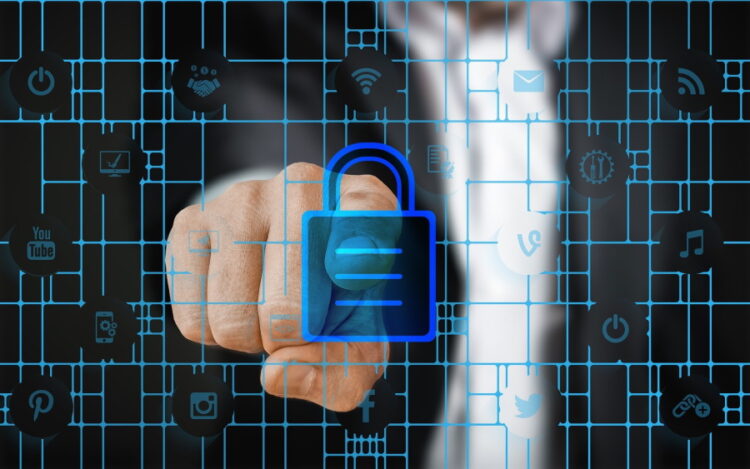The recent COVID-19 pandemic has forced significant changes into the way businesses operate, chief among which is the shift towards remote work, or Work-From-Home (WFH). This has pushed telecommuting to a scale never seen before, as well as seen the massive pickup of remote collaboration tools such as Microsoft Teams, Zoom, and so on.
Even though the Malaysian government has progressively relaxed restrictions, many businesses will continue to function using at least a hybrid work model that would have employees working from home on certain days of the week and only occasionally have them coming into the office instead of on daily basis.
This has put pressure on corporate IT departments worldwide, as they strive to meet uptime requirements and support employees’ teething pains. Given how critical IT systems are to the continued functioning of enterprises across the globe, it comes as no surprise that the role of cybersecurity has become more important than ever.
CYBERSECURITY IS A SERIOUS MATTER
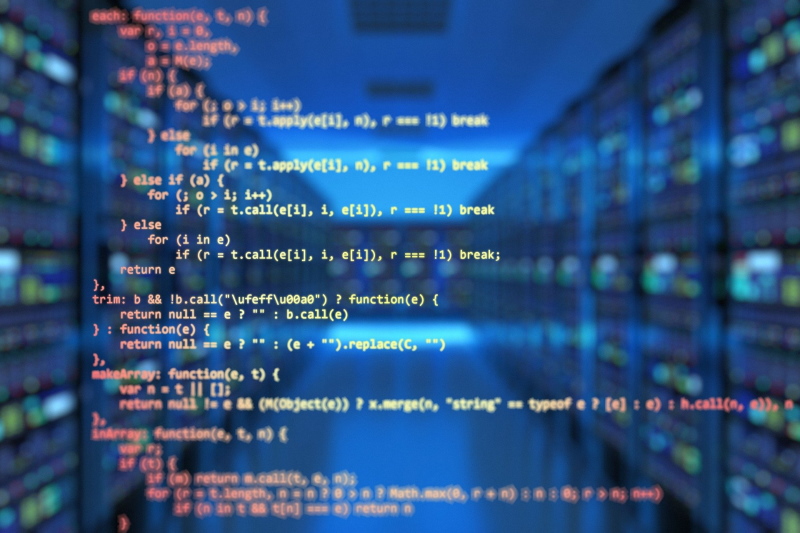
Aside from causing financial losses, security breaches could also lead to reputational loss and legal implications which is why many companies are now taking the matter more seriously.
According to a survey from Beyond Identity, an identity management company, hyper-growth companies – defined as companies with an annual growth rate of over 40% – are more proactive about their cybersecurity, and more likely to provide cybersecurity training to their workers, secure their hardware, and create a security-focused work culture.
CYBER THREATS ALSO AFFECT EMPLOYEE’S WELLBEING

Hence, it is not surprising to see that cyber threats have begun to take their toll not only on IT systems but also IT personnel themselves. Threat intelligence company ThreatConnect, which had conducted a survey of more than 500 IT decision-makers, noted that high levels of stress were one of the top three reasons that 32% of IT managers and 25% of IT directors are considering resigning from their positions.
In light of this, service providers across the globe are stepping up to the challenge to help ease the burden faced by companies to meet an ever-increasing level of cyber threats.
CELCOM IS HERE TO HELP
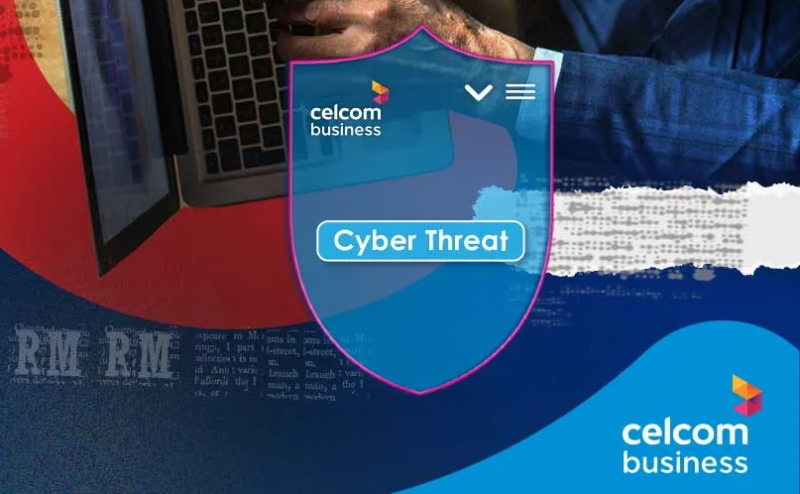
Celcom’s DRP uses technology, tools, and expertise, to monitor data sources and identify threats against an organisation’s digital footprint. It covers the entire lifecycle of cyber threats, starting with a 24/7 team that monitors the open web, deep web, and dark web, in search of references and mentions to organisational assets.
Celcom’s platform analyses these mentions in order to provide its enterprise customers with actionable alerts in real-time, as well as browser and network blocking services. Threats are to be resolved via content removal and takedown, with added tech and admin support, while customers’ IT teams can utilise Celcom’s web portal and essential tools to keep themselves apprised of the latest developments.
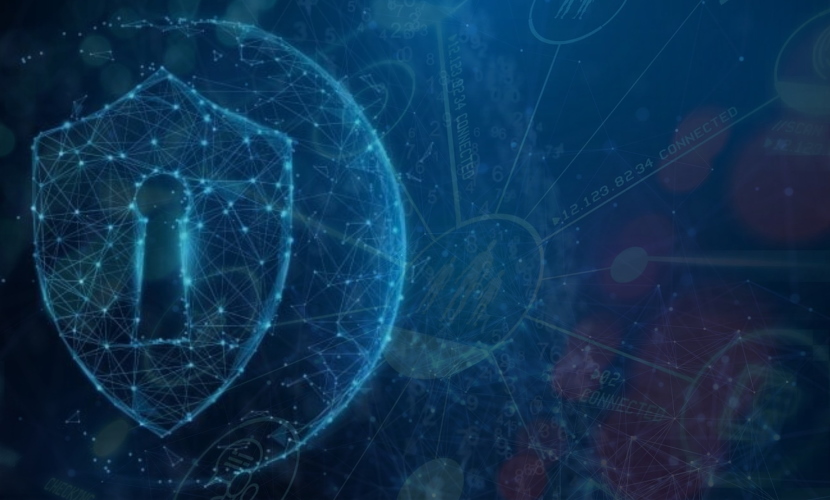
After a local analyst plans and executes a scan, the results are analysed to determine the severity of the threat and the remediation required. This is followed by 24/7 notification and reporting via the Customer Portal. Organisations can then manage the vulnerabilities, while the service ensures that the appropriate measures have been taken and the detected vulnerabilities have been solved.
Celcom’s Cyber Threat solutions are complemented by a round-the-clock dedicated cyber operations team. Enterprises have direct contact with a local analyst with tailored-made deliverables based on their needs.
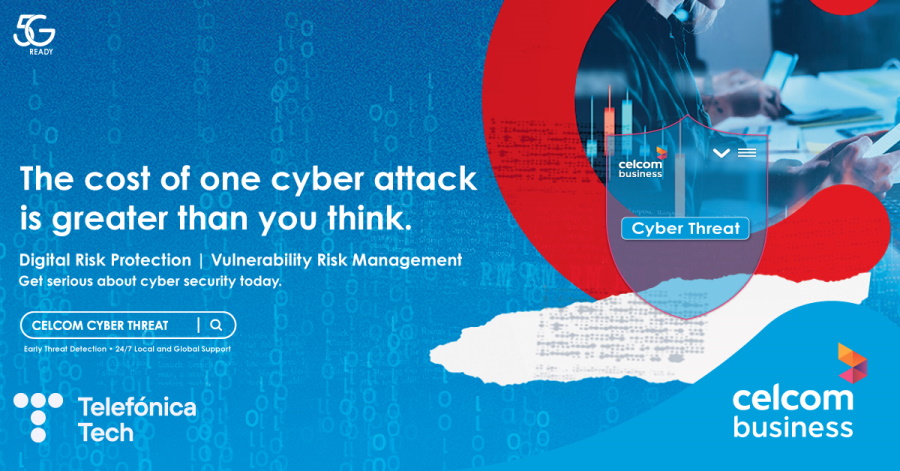
Celcom’s world-class cybersecurity solutions can help companies fortify themselves against the challenging landscape of cyber threats through early detection and prevention as well as an efficient and cost-effective platform. For further information, you may reach out to Celcom by visiting the official website for its Cyber Threat solutions at business.celcom.com.my/cyber-security/cyber-threat.
This article is brought to you by Celcom.

